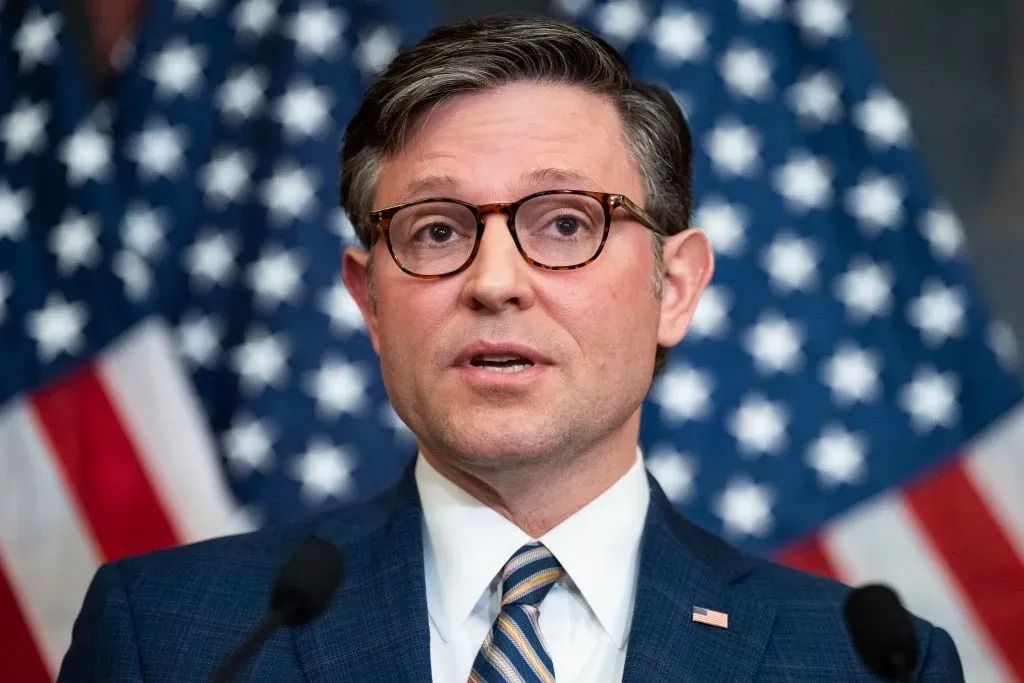Update: White House denounces planned House vote on Israel aid package that excludes Ukraine aid funding

The White House issued a statement on Feb. 3 denouncing House Republicans' planned vote next week to support a standalone $17.6 billion Israel funding package that excludes additional aid to Ukraine, labeling the move as a "cynical political maneuver."
"We strongly oppose this ploy which does nothing to secure the border, does nothing to help the people of Ukraine defend themselves against (Russian President Vladimir) Putin’s aggression, and denies humanitarian assistance to Palestinian civilians," a statement by White House Press Secretary Karine Jean-Pierre reads.
In a letter written to Congress on Feb. 3, House Speaker Mike Johnson revealed plans to hold a vote next week on a standalone $17.6 billion aid package for Israel, excluding a proposed $61 billion in military funding for Ukraine.
The newly proposed vote would complicate ongoing efforts by Senate leaders to garner support for a broader combined Ukraine-Israel aid package.
After months of disagreement, Senate negotiators reached an agreement on the combined $110 Israel-Ukraine aid bill, tied to Democrat concessions to domestic border reforms. The Senate is scheduled to vote on the agreement next week.
Earlier on Saturday, Speaker Johnson criticized senators for excluding the House from bipartisan talks regarding the combined bill that linked domestic border security with Ukraine-Israel funding.
"(The Senate's) leadership is aware that by failing to include the House in their negotiations, they have eliminated the ability for swift consideration of any legislation,” Johnson wrote in his letter. "As I have said consistently for the past three months, the House will have to work its will on these issues and our priorities will need to be addressed."
In response, the White House suggested that "House Republicans should instead work in a bipartisan way, like the administration and Senate are doing, on these pressing national security issues."
Johnson had previously suggested the possibility that the bill that combines aid for Ukraine with border policy reform would likely be split up - an option the White House said would not be up for discussion.
House Republicans have demanded even stricter restrictions on providing $61 billion in aid to Ukraine than their colleagues in the Senate, with some advocating against aid for Kyiv in principle.
Speaker Mike Johnson previously vowed that a combined Ukraine-Israel bill would be "dead on arrival" when it reached the House.












